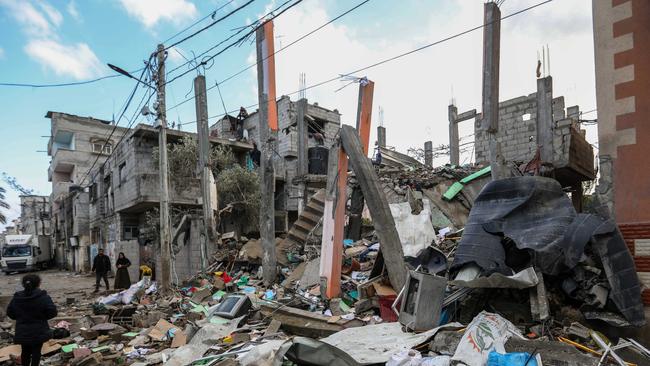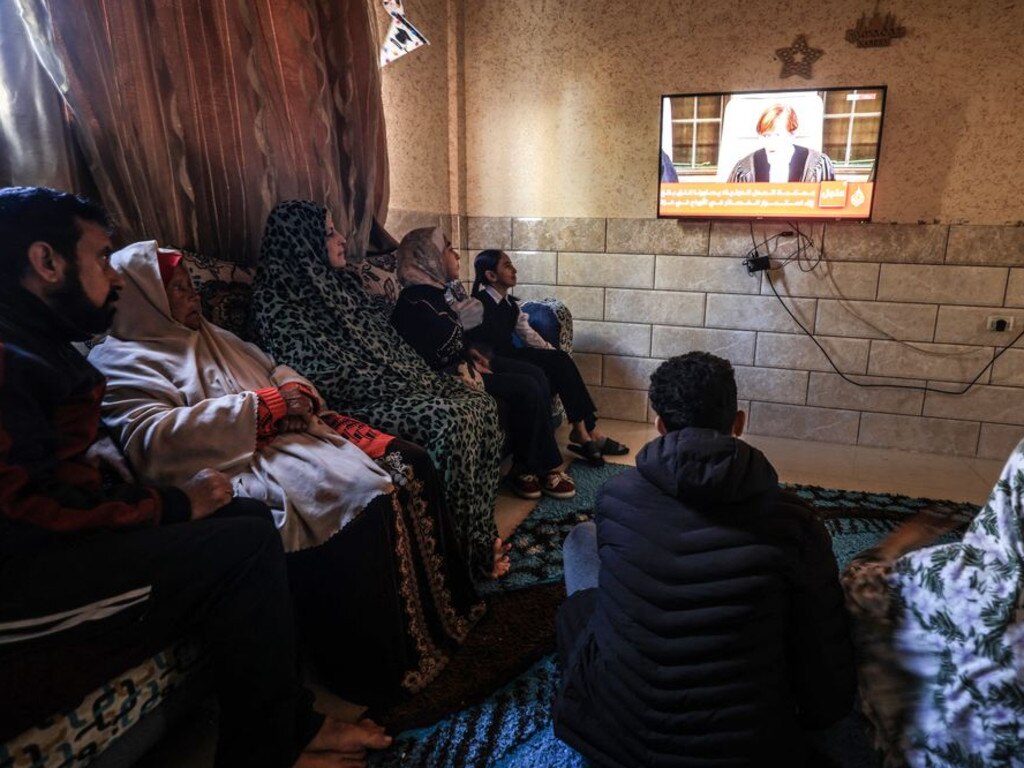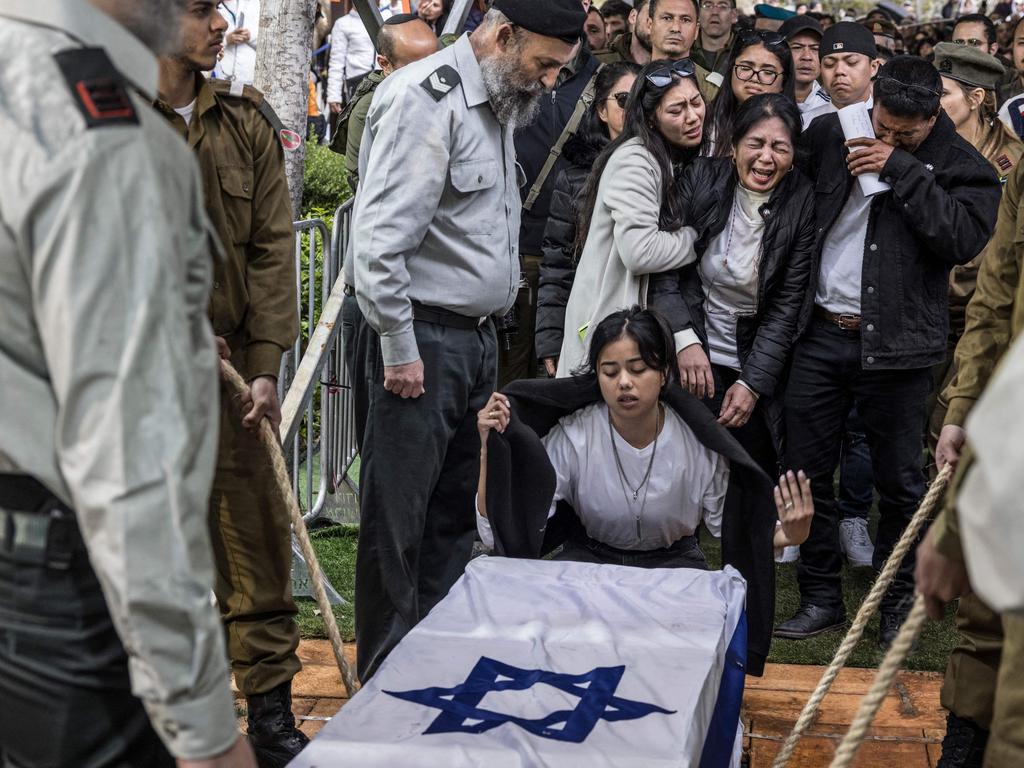Arab mediators propose new hostage-release plan
International mediators are proposing a deal to secure the release of all the remaining hostages in Gaza in exchange for a roughly four-month ceasefire.

International mediators are proposing a deal to secure the release of all the remaining hostages in Gaza in exchange for a roughly four-month ceasefire.
The plan offered to Israel and Hamas would lead to an end to the war in Gaza, Egyptian officials said Saturday.
The new proposal comes as Central Intelligence Agency Director William J. Burns meets in Paris this weekend with the Qatari prime minister, and negotiators from the Egyptian and Israeli intelligence agencies for talks aimed at ending the war, officials familiar with the plan said.
The proposal calls for an initial pause in fighting of six weeks to allow for the release of children, women and elderly in need of urgent medical attention. In exchange Israel would set free a significant number of Palestinian prisoners and increase the flow of aid into Gaza, the Egyptian officials said. The following phases would see Hamas releasing Israeli female soldiers, then male soldiers and human remains, these officials said.
In return, Hamas would get international guarantees, including from the U.S., that during the pause in fighting a comprehensive agreement would be reached that would lead to a permanent end to the war that has engulfed Gaza since Hamas militants attacked southern Israel on Oct. 7. Israel says 1,200 people were killed in the attacks and over 240 taken hostage.
Israel and Hamas have yet to officially respond to the latest proposal, which was made in recent days and tries to bridge the gap between the two sides on key issues, the officials said. It doesn’t mean a deal is imminent, they added.
Both sides have rejected several proposals made via Egypt and Qatar following the end of the last ceasefire on Nov. 30, but they now largely agree on a framework that includes several phases and a potential long-term ceasefire, the officials said.
Hamas didn’t immediately respond to a request for comment. Israel is “fully committed to the release of all hostages and to destroying Hamas” and “will continue to do whatever possible to ensure the release of all hostages,” said an Israeli official.
The latest proposal comes as fighting rages in the militant group’s last major stronghold, the southern Gaza city of Khan Younis. Israel says that senior Hamas figures are hiding in tunnels under Khan Younis with at least some of the hostages.
The war has taken a devastating toll on Gaza’s 2.2 million residents, most of whom are now displaced within the enclave and are facing a shortage of food, medicines, clean water, and other basic goods.
More than 26,000 people, a majority women and children, have been killed in the war in Gaza, according to health authorities in the strip. That figure doesn’t distinguish between combatants and civilians.
Israel and Hamas remain far apart on key issues such as when Israeli forces would leave Gaza and when Palestinians forced from their homes by Israeli evacuation orders will be allowed to return, the officials said.
In November, 105 hostages were released, most of them Israeli civilian women and children, in exchange for Palestinian prisoners held in Israel and a weeklong ceasefire. Around 130 hostages remain captive in Gaza, including 19 women and two children, according to the Israeli prime minister’s office. Some of the women are Israeli soldiers. Five of the female hostages are dead, Israeli authorities have said.
On Saturday evening, Israeli Prime Minister Benjamin Netanyahu said Qatar should put more pressure on Hamas to release hostages, amid heightened tensions between the two countries after weeks of strained negotiations over a hostage deal.
“I won’t give up even on a single way to apply pressure on Hamas, or on whoever can apply pressure to Hamas, in order to return our hostages,” he said. “Qatar hosts Hamas leaders, it funds Hamas, it has influence over Hamas.”
The verbal feud has created friction between the two countries, but didn’t appear to deter American efforts aimed at ending the war in Gaza and containing a broader Middle East conflict, stretching from Yemen to Lebanon.
The CIA chief’s return is expected to inject new momentum into the talks. Burns has played a central role in U.S. diplomatic efforts around Gaza, and was a key negotiator in last November’s weeklong truce.
Warren P. Strobel, Jared Malsin and Carrie Keller-Lynn contributed to this article
The Wall Street Journal





To join the conversation, please log in. Don't have an account? Register
Join the conversation, you are commenting as Logout